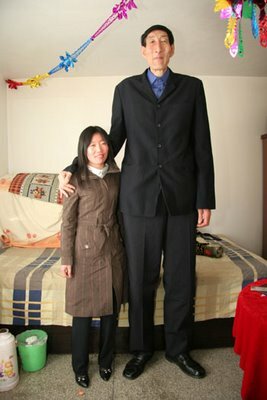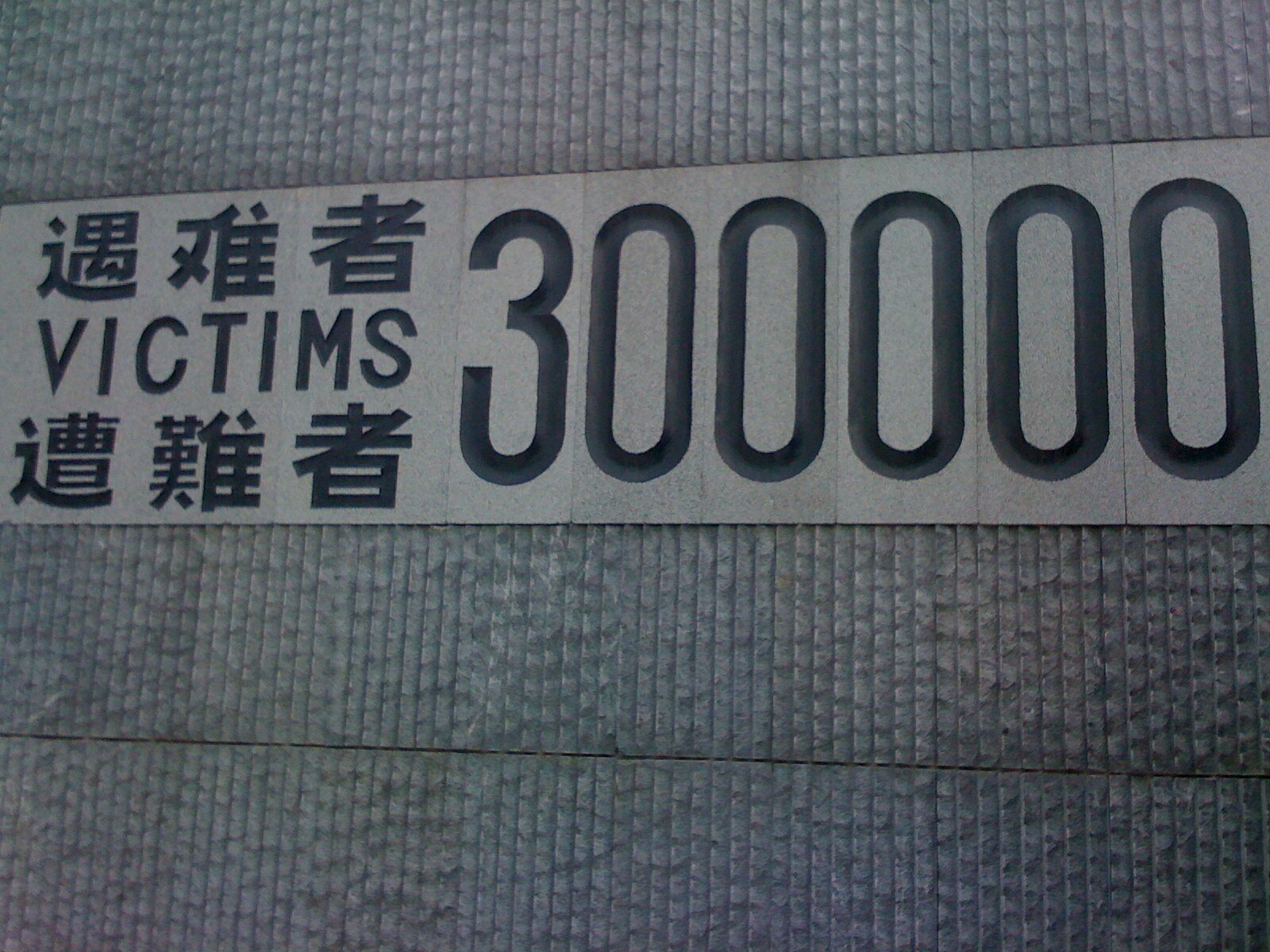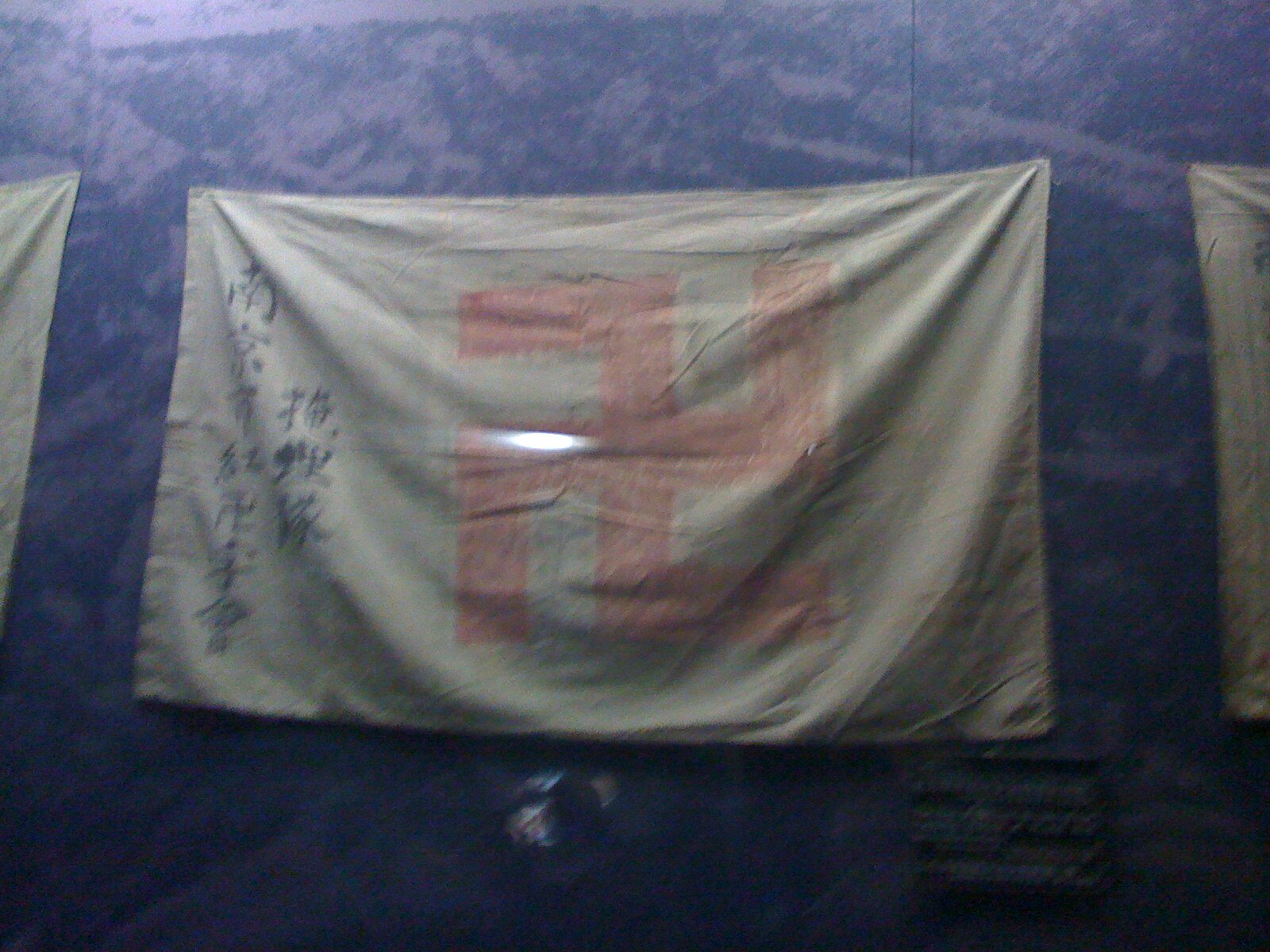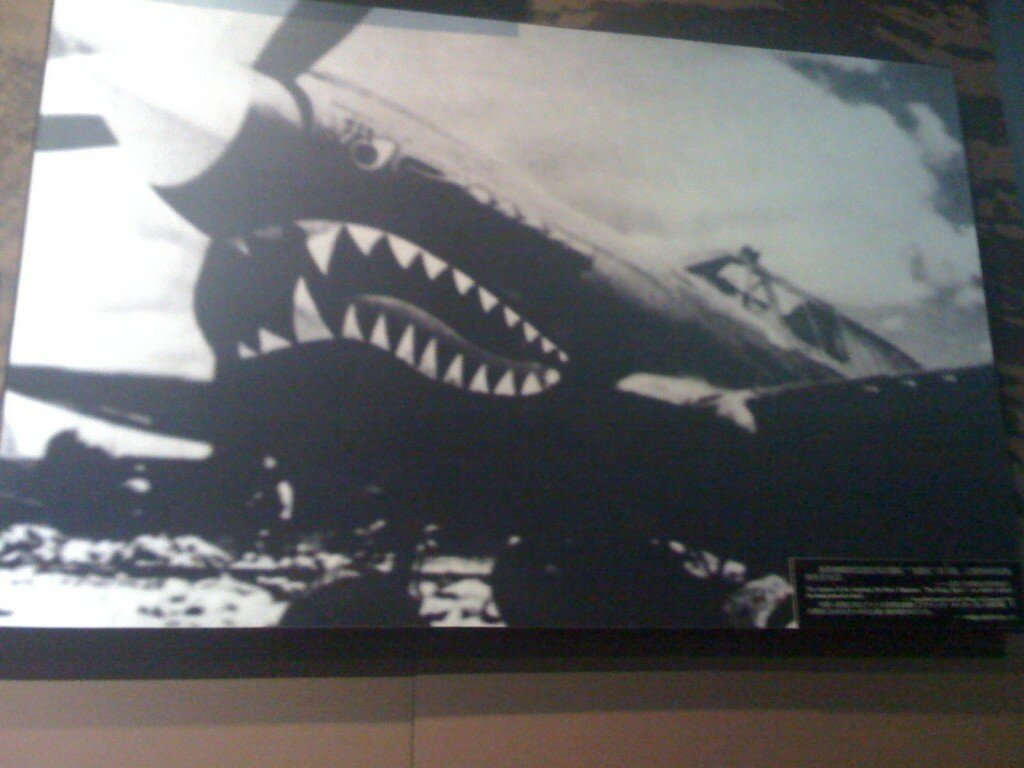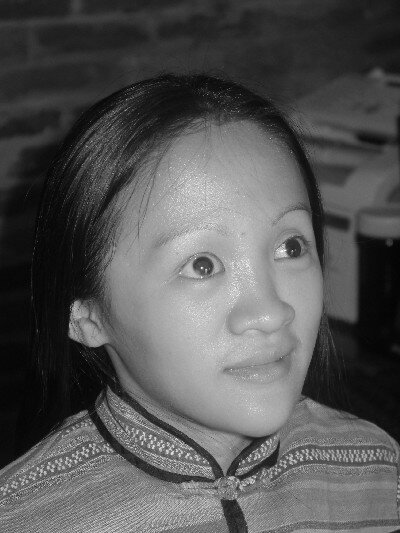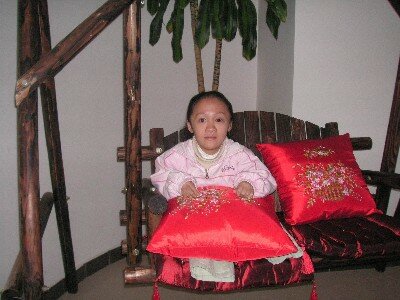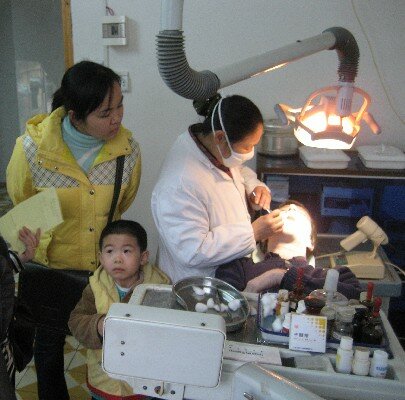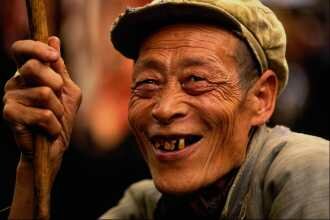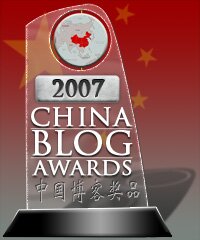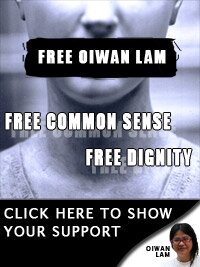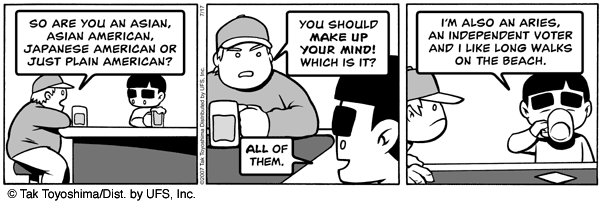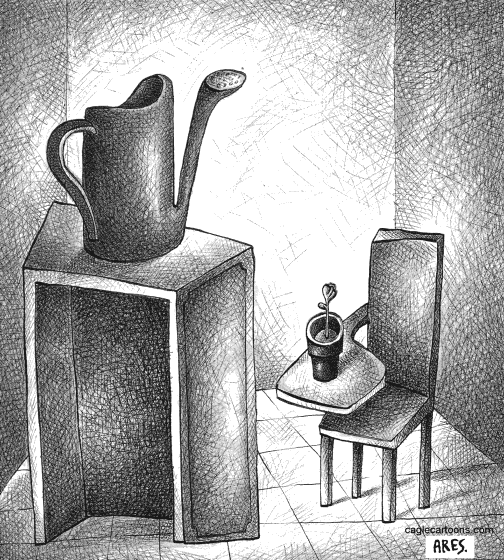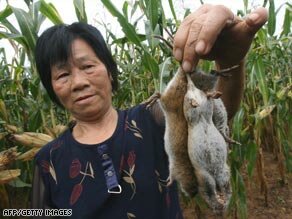My first mentor during my MFA training in poetry Mark Doty had won coveted several awards before I met him and he went on to claim every major award, save the Pulitzer, in and out of the U.S.: The National Poetry Series, Britain’s T.S. Elliot Prize (the only American to ever win and he is nominated again this year), The L.A. Book Critics Circle, National Endowment for the Arts Fellowships, A Guggenheim Fellowship and now the National Book award. He is America’s best Lyric Poet.
I started going through work, finished and unfinished, after learning of his selection for the National Book Award. His award awakened in me my deep respect and admiration for all he taught me and has prompted me to invite my fickle muse to visit with hopes she’ll have me back. It was during my search that I discovered this post…
Here it is recovered again from the past with a still unfinished poem added at the bottom….It is far from complete, but you’ll understand why after reading it…
I was blog-roll diving last year over at China Rises and saw a listing for An American Poet in China. Now that peaked my interest! I opened the site in another tab, and then another and once more just to be sure: I was looking at my own site.
I am not sure what prompted Tim to label the link as such, but I am grateful. Of all the salutations or titles that I have proudly worn, or have had foisted on me, poet and teacher are the two I most cherish.
Google did not fail me as I went on a hunt for an American Poet in China: I found Tony Barnstone, once an English teacher in China and now Professor of English at Whittier College (Nixon’s Alma Mater) His books include Sad Jazz: Sonnets; Impure: Poems by Tony Barnstone; The Anchor Book of Chinese Poetry; Out of the Howling Storm: The New Chinese Poetry; Laughing Lost in the Mountains: Poems of Wang Wei; The Art of Writing: Teachings of the Chinese Masters; and the textbooks Literatures of Asia, Africa and Latin America, Literatures of Asia, and Literatures of the Middle East. Born in Middletown, Connecticut, and raised in Bloomington, Indiana, Barnstone lived for years in Greece, Spain, Kenya and China before taking his Masters in English and Creative Writing and Ph.D. in English Literature at U.C. Berkeley. You can find his work here: Barnstone
You see? There is life after ESL teaching.
And I came across an old acquaintance Li-Young Lee: He was born in 1957 in Jakarta, Indonesia, of Chinese parents. His father, who was a personal physician to Mao Zedong (His book, banned in China, is The Private Life of Mao Zedong) while in China, after being released from imprisonment in a leper colony following Mao’s death he relocated his family to Indonesia, where he helped found Gamaliel University. In 1959 the Lee family fled the country to escape anti-Chinese sentiment and after a five-year trek through Hong Kong, Macau, and Japan, they settled in the United States in 1964.
Li is the author of Book of My Nights (BOA Editions, 2001); The City in Which I Love You (1991), which was the 1990 Lamont Poetry Selection; and Rose (1986), which won the Delmore Schwartz Memorial Poetry Award; as well as a memoir entitled The Winged Seed: A Remembrance (Simon and Schuster, 1995), which received an American Book Award from the Before Columbus Foundation. His other honors include a Lannan Literary Award, a Whiting Writer’s Award, grants from the Illinois Arts Council, the Commonwealth of Pennsylvania, the Pennsylvania Council on the Arts, and the National Endowment for the Arts, and a Guggenheim Foundation fellowship. He lives in Chicago, Illinois, with his wife, Donna, and their two sons.
He is one of the most passionate writers in America. Many of my phone calls and visits with Li-Young Lee left me believing that I was indeed talking to someone who was hard-wired to an enviable spiritual reality that he successfully struggled to make sense of in his work. I once asked fellow poets at Vermont College to describe him and every single poet, man or woman, called him “beautiful”. A few of his poems are here: LEE
And to my great surprise I found my name. In March of last year the National Endowment for the Arts in America published a retrospective of their last forty years of support and development of Literature in America here. My name was there along with Alice Walker, Issac Bashevis Singer, Eudora Welty, Mark Doty and Li-Young Lee. All of us, and hundreds more in the last 40 years, were once (in some cases twice) given $20,000 fellowships to support our work. I remember it as the most humbling and affirming moment of my life.
The NEA was embroiled in controversy the year I won my fellowship. Attacks by Senator Jesse Helms and many others, following the famed “Piss Christ” piece, ended many NEA programs.Helms and I exchanged many letters on the subject and would themselves make for a special post. The literature program survived its critics because it employed a blind selection process: Only 2% of applicant writers that year, individuals who had already published a required minimum of 20 poems in 5 national magazines or journals, were further encouraged to create work with the help of the awards decided by a distinguished panel of American editors and writers. Most of us are now academics and a few of the thirty chosen that year have gone on to great celebrity.
I have a new book finished, but I am not sure it is ready yet (For a poet, it never really is ready) and I will get to it soon enough because I know were I to have listened to that inner voice of doubt every time it sounded off I would never have published anything. I will let you know when I am OK with its imperfections. Poetry is for me like prayer was for C.S. Lewis: He did not believe that his petitions changed God just as I am doubtful my poetry changes those who read it…But, Lewis knew his supplications changed him as my work changes me…
Here is a FREE anthology by past and present grant winners that the NEA put out as a 40th year gift. I missed inclusion as they new only that I was in China, but had no address for me. I know you will enjoy it. And here is a link to a brilliant writer/translator of Chinese literature (and past NEA Fellow) David Hinton. Enjoy!
And finally my last work–still in progress:
AFTER BEING ASKED TO CUT HER HAIR
—for Ms Yue
When she called, yesterday evening
or the night before, I had to walk
into the thick heat of Southern China
toward our prostitute of a River–beautiful
after dark and flattered by artificial light.
I found it especially hard to breathe
because she reeks of smoke and poverty.
During the day, the sky, a gray cataract,
will ignore the whore whose name
no one speaks with longing in their voice
The water was unlined:
a corpse without worry as I prepared
a place in my memory
for what I would destroy perhaps forever:
The hair, the forty-five years
of silk still glistening with the kisses
of an adoring mother and vigilant father
She asked to me conceal the evidence
of the waning of the infinite. I was told to cut
and shave the perfect blackness, the magnificent
mystery of the history of moonlight, fires,
and the wind that has run fingers
through the remembered and the forgotten.
“Love is so short, forgetting so long”
when it is a name like hers that you clutch
deep in your throat. As strong as she
will be, and as proudly high as she has always
held her head, the quarrel with her body
will not always look this well.
I addressed sorrow in suffocated sobs
and the still water confirmed my questions with silence
China asia Blogging China Blogs TOP TEN BLOGS CHINA Poetry Poem NEA Creative Writing Li-Young Lee NEA Literature Fellowships Tony Barnstone Chinese Poetry
Cartoon, copyright Cagle.com
American Poet in China,
Asia,
China Cartoons,
Chinese Poetry,
Personal Notes,
Poetry,
中国
